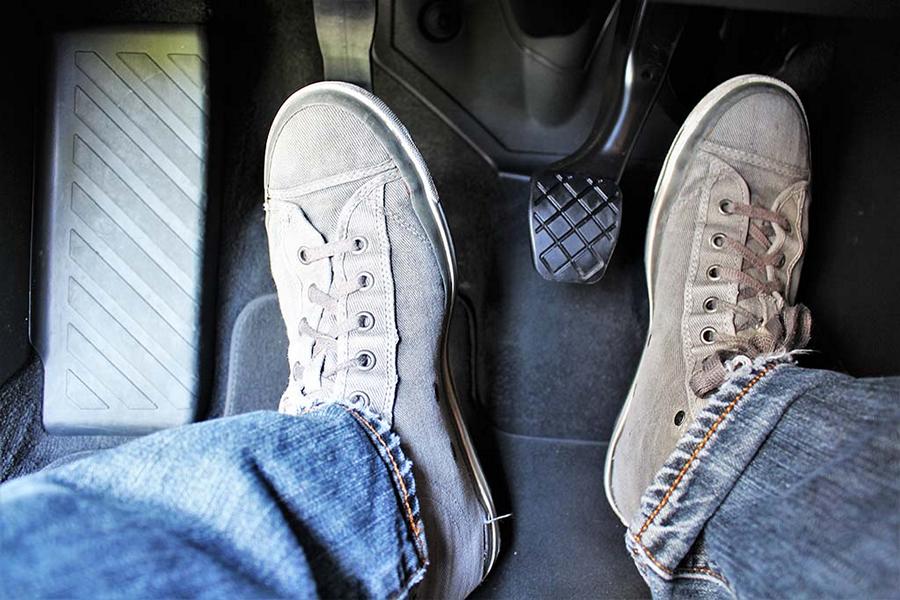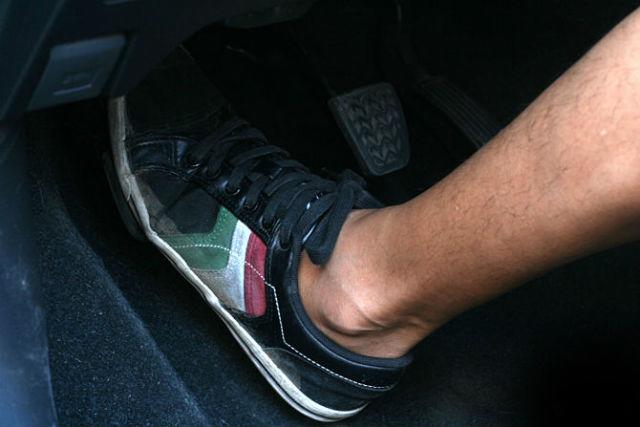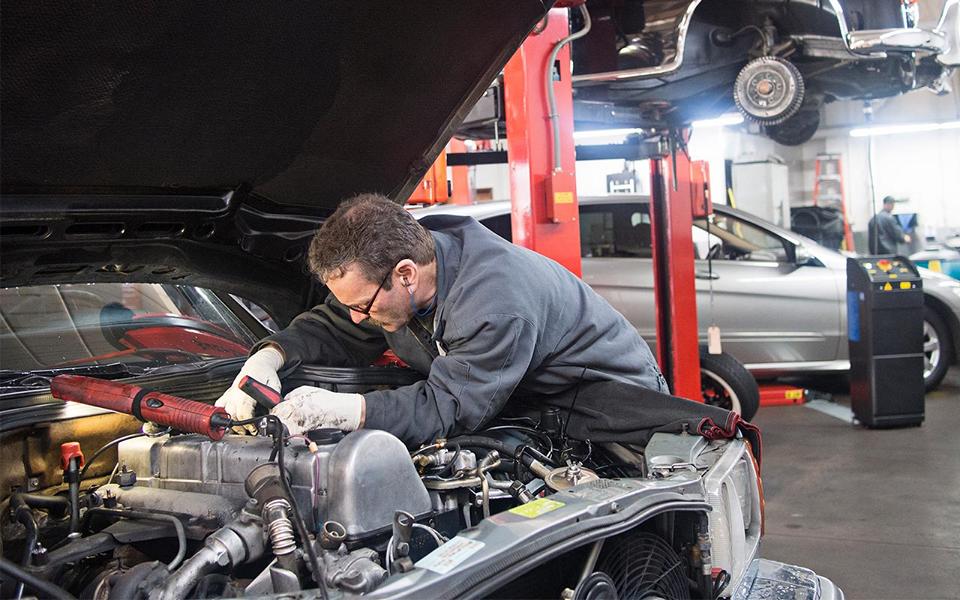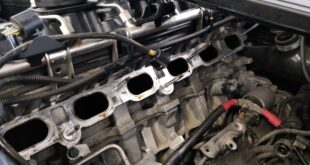If the Clutch constantly losing pressure, one is often faced with a puzzle. But the cause is usually clear: a defect clutch master cylinder. This central component of the clutch system is responsible for transferring pressure from the clutch pedal to the Clutch mechanics responsible. A defect at this point can lead to serious shifting problems and, in the worst case, result in the complete failure of the clutch system.
Loses the clutch pressure?
- Some of the typical signs that indicate a defect include:
- Difficulty switching gears: If engaging gears no longer works so smoothly or if you feel resistance when changing gears, this could indicate problems with the clutch master cylinder.
- Clutch no longer works: Increased speed without corresponding acceleration or a jerking vehicle despite the clutch being depressed are clear signs of poor clutch function.
- Changed grinding point: A sudden change in clutch pedal behavior, such as softer or harder resistance, can also indicate problems.
- Leaks: Visible fluid leaks are indicators of a leaking clutch master cylinder.
Causes of a clutch master cylinder defect
The main cause of a defect in the clutch master cylinder is often general wear and tear. The cylinder can be put under a lot of strain, particularly in urban areas or in vehicles that frequently shift manually. Moisture and contamination can also corrode the internal parts of the cylinder. Incorrect adjustment of the clutch system, resulting in high pressure on the cylinder, can also play a role.
Preventive measures
To extend the life of the clutch master cylinder, the following tips should be followed:
- Regular change of brake fluidto minimize moisture and contamination.
- Moderate driving and avoiding abrupt switching.
- Correct adjustment of the clutch system by a specialist workshop.
- Protection from heat and moistureto avoid corrosion.
When is it necessary to go to the workshop?
At the first sign of a clutch master cylinder defect, you should visit a specialist workshop urgent to recommend. Early diagnosis and repair can prevent major damage and is also relevant to safety. Doing repairs yourself without the necessary expertise can lead to further, costly damage.
Cost of a repair
The cost of repairing a clutch master cylinder defect varies depending on the vehicle type and the extent of the work required. On average the costs can be around 50 EUR up to 300 EUR for the material, although working time is not included. It is worth getting several estimates to find the best conditions. A defective clutch master cylinder is more than just a nuisance; it can affect safety.
Reasons for the loss of pressure in the clutch?
In addition to a broken one Clutch master cylinder can Other components can also be responsible for the pressure loss in the clutch:
- Defective clutch slave cylinder: Symptoms include delayed shifting, unusual noises when clutching, leaking hydraulic fluid, slipping of the clutch, jerking when operating the clutch and too much play on the clutch pedal.
- Clutch disc wear: This means that the clutch disc can no longer grip the flywheel sufficiently and slips. Signs of this are increased speed without acceleration, a gripping point of the clutch pedal that is far back, poor gear engagement and noise when changing gears.
Can a clutch slave cylinder be repaired?
- In general, an exchange of the Clutch slave cylinder recommended, as repairs usually only offer short-term solutions. In some cases, however, replacing the hydraulic line may be sufficient if this is the cause of the defect.
What are the symptoms of a worn clutch release bearing?
- Symptoms of a defective Clutch release bearing include whining or scraping noises when pressing the clutch pedal, no noise when the clutch is engaged, and rumbling in the clutch pedal.
Conclusion
If there is a loss of pressure in the clutch, it is crucial to act quickly and visit a specialist workshop for an accurate diagnosis and repair. In addition to the clutch master cylinder, the Clutch slave cylinder, wear and tear Clutch disc or a defective one clutch release bearing be the causes. By taking timely action, further damage and high costs can be avoided.
thematically relevant posts
In our category Tips, products, information & Co We have reviews of car or accessories manufacturers, new ones Tuning Wiki Terms or one or two leaks published.
 tuningblog.eu Your magazine about tuning the car
tuningblog.eu Your magazine about tuning the car




